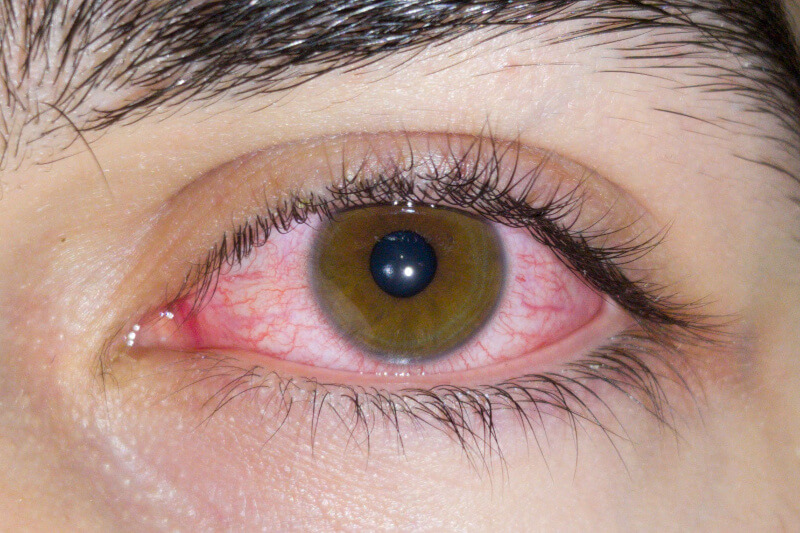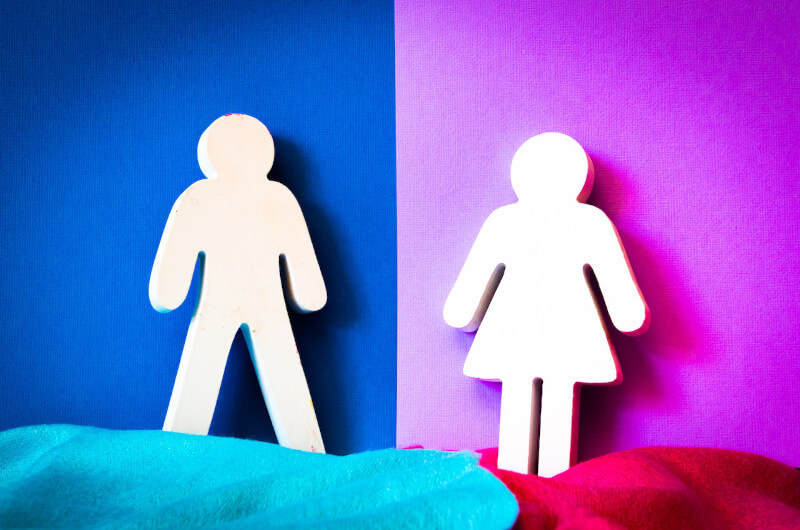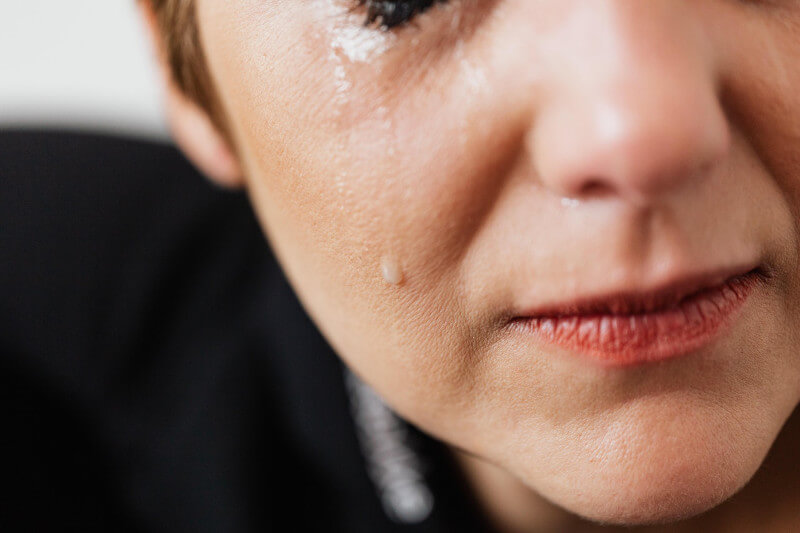
“I prefer to express myself while walking in the rain, ” these immortal words were spoken by Charlie Chaplin. Crying is a normal part of the human experience. This was the first language you acquired as an infant. You cry at first because you are sad. So why do you want to know if crying will help?
There Are Numerous Reasons for Your Crying
You can’t help but cry whenever you see a tearjerker in any genre, whether it’s film, literature, or music. Crying indicates deep sadness, such as when a relationship terminates or a loved one dies. When you’re overjoyed, you start crying. What scientific explanations exist for why weeping helps you feel better? Continue reading if you want to learn more.
What Is the Origin of Human Tears?
Crying and crying are completely typical human reactions. Your body absorbs both helpful and harmful substances every day. The body excretes toxins in a variety of ways, including pee, feces, mucus, and tears. Only people can cry out of suppressed emotions. Animal tears serve no other function than to cleanse and moisten the eyes.
It is good to spend some time alone crying. It enables you to be present at the moment and process your emotions. You want to be alone when you’re feeling emotional, whether it’s sadness or pleasure. This process is specific to you. After you’ve cried it out and discussed your problems with loved ones, you’ll feel a lot better.
You are a social being who experiences all human emotions regularly. Crying is more than just a way to express one’s feelings. Furthermore, it indicates that you require help. It suggests a desire to improve one’s feeling of well-being. You seek companionship and comfort from others.
There Are Various Types of Tears
Tears play an important role in the eyes. Because their primary purpose is to keep dust and debris out of the eye, they are mostly water. Our eyes depend on tears to keep them moist and lubricated at all times. They can also be used as eye filters. The three types of tears and the roles they perform are described below:
Reflex Tears

Toxins that penetrate the eyes are flushed out by tears. They keep debris and dirt out of your view. The glands under your brows create irritated tears when you get dust in your eyes or peel scallions.
Emotional Tears
Emotional tears are the third type and are thought to be the most helpful to one’s health. These tears release stress hormones as well as toxic chemicals that are harmful to your health. Crying causes the release of oxytocin and endorphins, both of which are happy hormones that relieve mental and physical pain.
Basal Tears
These tears are called “basic” because they contain water, sodium, grease, and mucus. They aid in the fight against illness. The lubricant prevents the tears from evaporating.
The Advantages of Crying
Crying is an organism’s biological reaction. It happens when you are experiencing extreme feelings such as grief or happiness.
Crying has a cleaning and purifying effect on a person’s health. This can be attested to by the old physicians who practised medicine back then. Psychologists now regard crying as a tool for relieving stress and pain. Similarly, crying strengthens attachment, closeness, and kindness ties within families. Crying has the following advantages:
- Toxins are removed from the human body: A cry of feeling contains more than just water. They also contain toxic chemicals that the body needs to get clear of.
- By itself, it aids in relaxation: According to studies, crying stimulates the parasympathetic nervous system. This system controls the rest and digestion processes.
- It alleviates pain: During a good cry, the feel-good chemicals oxytocin and endorphin are produced. The human body starts to relax as soon as these chemicals are released. It becomes a little heartless. You are less apprehensive and nervous. You then begin to feel calm and rested.
- It makes you feel better: Crying has emotional benefits that go beyond relieving tension and discomfort. This boosts your emotional health. You inhale a deep breath of air when you cry. This helps the brain keep a healthy internal temperature.
- It fosters rapport and support: Crying has some societal benefits. Sobbing communicates to those around you that you require assistance and support. Being with the right people will increase your feeling of connection. It is inappropriate to cry in front of total strangers. You weep in the presence of those who love you. You can count on them to offer you the tender loving care you require.
- Recovery from loss requires this: Grief is a powerful feeling that should not be suppressed. Crying serves a safety purpose. One source of sorrow is the death of a loved one, and this knowledge and acceptance will help.
- Restores one’s emotional balance: When you cry out in joy or sadness, your body is attempting to reestablish its natural equilibrium.
- Enhances conversation: Newborns should cry when they are delivered. This enables them to attend to their respiration requirements. Crying is their way of communicating that they require assistance from their carers.
- Crying is a nonverbal expression used by adults: It is a language that communicates to others that they require assistance and ease.
- Influence the behaviour of others: If the person who has upset you, witnesses, you crying, their rage may subside. Their hostility towards you fades, and you avoid further damage or conflict.
- The person who caused your tears may be filled with sorrow or regret: It’s not unusual to have to resort to tears to get your way. Crying to get what they want is typical toddler behaviour.
Differences in Crying Between Genders

There are psychological and social advantages to crying. Some people prefer to cry in private, while others don’t mind crying in public.
According to studies, males do not cry as much as women. Women cry five times per month on average. Men, on the other hand, cry only once every three weeks. Women are perceived as being more emotional and sensitive than males. Females cry readily when they see or hear a sad or sentimental movie or song to which they can relate.
Men are more socialised than women to suppress their feelings. Females feel freer in this regard. They have a more stable temperament and are more at ease because they can sob more openly than males. Men, biologically, do not cry as much as women. This is due to their greater testosterone levels. Changes in estrogen levels in females during PMS can increase their chances of weeping. The same thing happens after giving birth.
Is It Better to Cry or Keep It Inside?
When you strive so hard to keep from crying, you endanger your health. It aggravates your mental condition even more.
According to research, suppressing emotions such as crying can contribute to a variety of health problems. It is conceivable to have both high blood pressure and a weak defence system. Cardiovascular illness and other stress-related diseases may result.
Some people find it embarrassing to cry because they don’t want others to know they’re suffering and could benefit from some help. The issue is that suppressing your emotions will make you feel even worse. This is because gestures cannot convey your anguish to others. The reactions of others to your tears have a major impact on how you feel afterward. You will most likely feel better if they respond with compassion. You may feel even worse if they mock your emotions.
Do Tears Lower Your Mood?
Crying in front of cynical people who will ridicule you will only make you feel worse. You have a strong desire to cry, but you hold it together out of embarrassment. You will typically feel bad as you cry at the start of the emotion. Weeping may make you feel worse at first, but it has a healing impact on the body.
Tears’ Real-World Consequences
What alterations do you notice in your body when you cry a lot? You have a high temperature, a sore throat, watery eyes, swollen red eyes, and a trembling frame. Crying’s beneficial effects are felt only after the arousal stage has been achieved. The scream is the result of the body’s fight-or-flight response. This causes you to experience heightened excitation, as evidenced by a rapid pulse and profuse perspiration.
Is There Any Benefit to Crying Every Day?

Excessive crying is unhealthy. Excessive tears can cause ocular irritation. Your eyes will become swollen and puffy if you cry too much.
When Does Crying Become Dangerous?
Crying can be extremely dangerous as a symptom of a serious mental health problem. Crying can endanger you in the following situations:
- Crying more frequently than normal irrational sobbing
- Crying uncontrollably
- Crying that interferes with your daily life
- Clinical depression is also diagnosed in some individuals. They simply cannot cry, no matter how hard they attempt. It is suggested that you see a doctor if you are crying excessively.
Sometimes life is like a Charlie Chaplin wordless film. There are times when words are insufficient to describe how you feel. A single cry is worth a thousand words. Feel free to cry your heart out whenever you need to communicate yourself. Allow yourself to experience whatever it is that you are feeling. You might find some solace in crying. However, if your tears aren’t making you feel better, it’s time to see a specialist.

Should I See a Therapist? Counselling, psychotherapy, and talk therapy are all names for the…

The Digestive Process Benefits From Its Presence Basil has numerous benefits, but one of them…

The year 2020 was not kind to the vast majority of humanity who are still…



